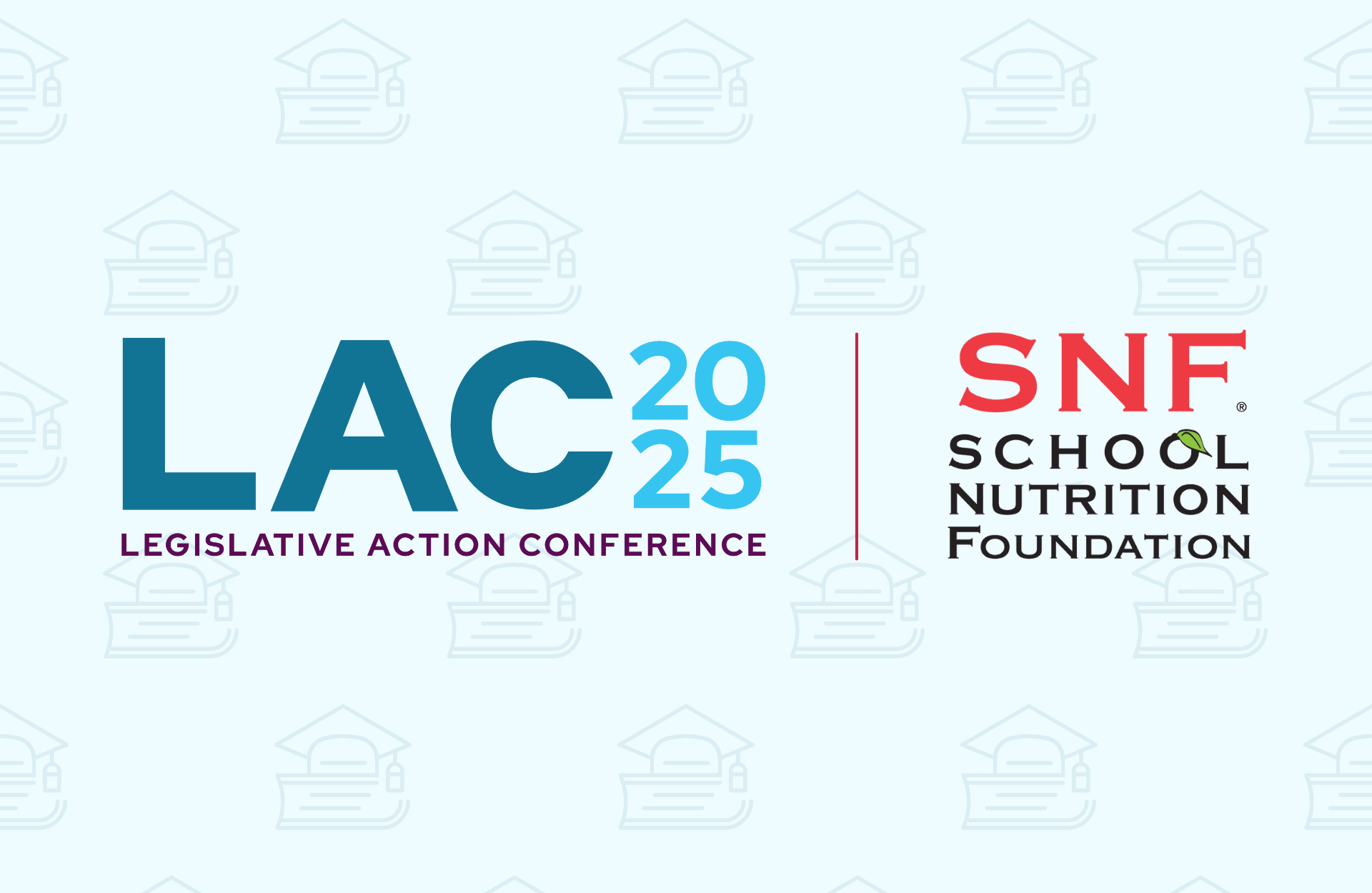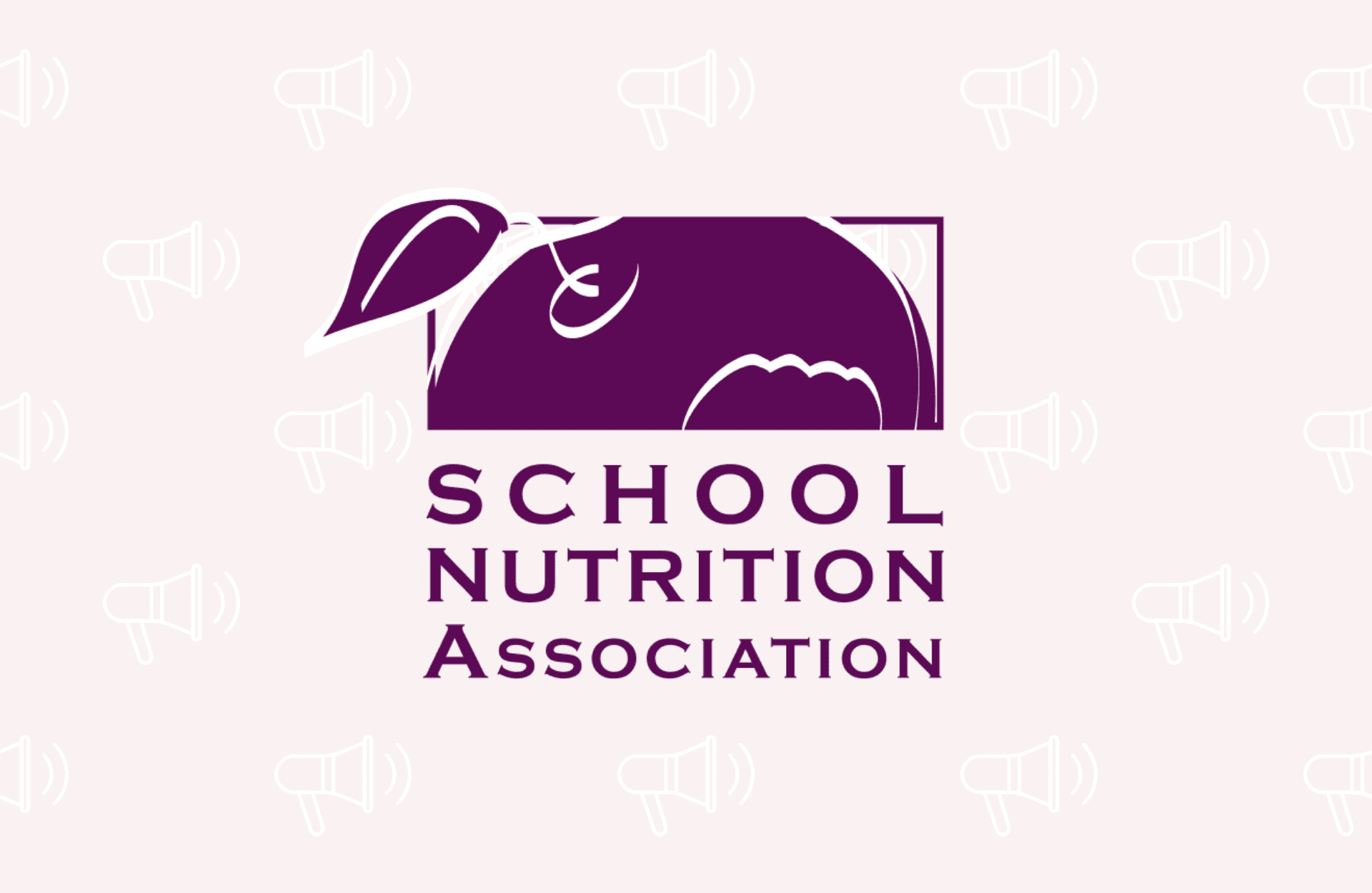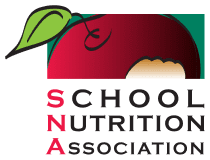The non-profit School Nutrition Association (SNA) welcomed the release of The Healthy Meals, Healthy Kids Act, the much-anticipated Child Nutrition Reauthorization (CNR) bill from the House Committee on Education and Labor.
FOR IMMEDIATE RELEASE:
Contact: Diane Pratt-Heavner
703-576-7526
media@schoolnutrition.org
ARLINGTON, VA – The non-profit School Nutrition Association (SNA) welcomed the release of The Healthy Meals, Healthy Kids Act, the much-anticipated Child Nutrition Reauthorization (CNR) bill from the House Committee on Education and Labor. Mark-up is expected next week on the bill, which includes long-term solutions and critical support for school meal programs and students.
SNA advocated for key provisions in the bill, including strengthening the Community Eligibility Provision and Direct Certification to increase student access to free school meals (for SY 2022/23, eligible families must apply for free and reduced-price meals). Additionally, the bill raises the federal reimbursement rate for school lunch and provides commodities for school breakfast to help school nutrition programs manage increased costs and persistent financial challenges. SNA urges Congress to preserve these critical provisions and reconsider the bill’s mandate to establish additional school nutrition rules, which SNA has cautioned could be unachievable and result in fewer students eating healthy school meals.
“As rising grocery prices leave families nationwide struggling to put food on the table, the Healthy Meals, Healthy Kids Act takes critical steps to expand access to free, healthy school meals,” said SNA President Lori Adkins, MS, SNS, CHE. “Costs are rising for school meal programs as well, and this legislation acknowledges the need to increase funding for these programs, which support student success in and out of the classroom.”
Ongoing supply chain disruptions have increased costs and left school meal programs continuing to scramble to secure menu items, such as whole grain breads and low-sodium entrees, that meet highly-specialized school nutrition standards. Facing shortages of raw ingredients, labor and truck drivers, food companies and distributors have streamlined offerings and reduced the geographic areas they serve. Meanwhile, short-staffed school nutrition teams have limited capacity to expand scratch preparation of meals.
“Long-term labor shortages and consolidation in the K-12 industry have severely limited our capacity to meet any additional nutrition mandates,” said Adkins. “With research showing children eat their healthiest meals at school, Congress and USDA should focus on expanding access to and promoting consumption of healthy school meals, rather than establishing additional program regulations.”
SNA’s 2022 Position Paper, released in January, urged Congress to permanently increase school meal reimbursement rates, offer free school meals to all students and ease regulatory requirements.
About School Nutrition Association:
The School Nutrition Association (SNA) is a national, non-profit professional organization representing 50,000 school nutrition professionals across the country. Founded in 1946, SNA and its members are dedicated to making healthy school meals and nutrition education available to all students. For more information on school meals, visit www.SchoolNutrition.org/SchoolMeals.
Related Articles

School Nutrition Manager from Hamblen County Schools Named 2025 Josephine Martin National Policy Fellow
Read More

ORGANIZATIONS! Urge Congress to reinstate critical funding!
Read More



